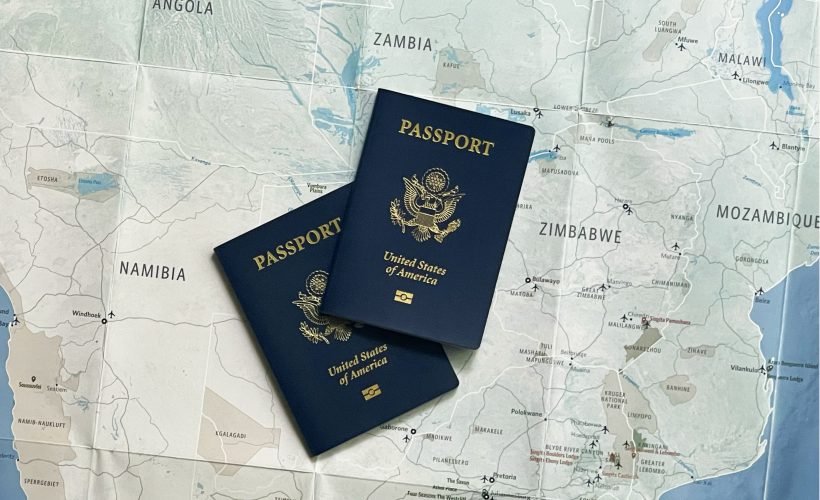As you may have noticed, staying in step with changing times is part of our work. This not only pertains to the various hotels, camps, lodges, activities, and logistics in Africa but also developments that may impact our clients in preparation for their travels. There has been a flurry of these lately, so we are sharing them here to keep you up to date too.
Google Wallet is introducing new features , including the ability to create a digital ID from U.S. passports for use at select TSA checkpoints, and plans to expand digital ID capabilities further. It will also allow more state-issued IDs to be saved and accepted, starting with IDs from California, Iowa, New Mexico, Ohio, and soon, Colorado. Commuters can now add more transit cards, such as prepaid commuter benefit cards in the U.S. and public transport tickets in Germany, Taiwan, and Hong Kong. Additional features include automatic ticket imports from Gmail and live train status updates. Enhanced notifications and web access to passes are also available, making Google Wallet more convenient and secure for everyday use.
, including the ability to create a digital ID from U.S. passports for use at select TSA checkpoints, and plans to expand digital ID capabilities further. It will also allow more state-issued IDs to be saved and accepted, starting with IDs from California, Iowa, New Mexico, Ohio, and soon, Colorado. Commuters can now add more transit cards, such as prepaid commuter benefit cards in the U.S. and public transport tickets in Germany, Taiwan, and Hong Kong. Additional features include automatic ticket imports from Gmail and live train status updates. Enhanced notifications and web access to passes are also available, making Google Wallet more convenient and secure for everyday use.
 From May 2025, non-REAL ID-compliant IDs won’t be accepted for boarding flights or accessing federal facilities, even though the TSA has proposed delaying full enforcement of REAL ID until May 2027. The REAL ID Act of 2005 established security standards for state-issued IDs in response to 9/11 recommendations, requiring anti-counterfeiting technology, fraud prevention, and proof of identity. Although the TSA’s proposed rule does not extend the 2025 deadline, it allows phased enforcement to ensure smooth implementation, addressing concerns about low adoption rates and potential backlogs.
From May 2025, non-REAL ID-compliant IDs won’t be accepted for boarding flights or accessing federal facilities, even though the TSA has proposed delaying full enforcement of REAL ID until May 2027. The REAL ID Act of 2005 established security standards for state-issued IDs in response to 9/11 recommendations, requiring anti-counterfeiting technology, fraud prevention, and proof of identity. Although the TSA’s proposed rule does not extend the 2025 deadline, it allows phased enforcement to ensure smooth implementation, addressing concerns about low adoption rates and potential backlogs.
Americans can now renew their passports online through a fully operational system announced by the State Department, eliminating the need for the traditional, cumbersome mail-in process. The new service is available to adult passport holders whose passports expired within the last five years or will expire in the next year, but not for children’s passports, first-time applicants, or those living abroad. This move is part of the department’s digital transformation efforts to enhance convenience and efficiency, with an estimated 5 million eligible Americans expected to use the service annually. Following improvements to address pandemic-related delays, the new online system is expected to further reduce passport processing times, which currently range from six to eight weeks. The department plans to expand the program in the future to include additional categories of applicants.
through a fully operational system announced by the State Department, eliminating the need for the traditional, cumbersome mail-in process. The new service is available to adult passport holders whose passports expired within the last five years or will expire in the next year, but not for children’s passports, first-time applicants, or those living abroad. This move is part of the department’s digital transformation efforts to enhance convenience and efficiency, with an estimated 5 million eligible Americans expected to use the service annually. Following improvements to address pandemic-related delays, the new online system is expected to further reduce passport processing times, which currently range from six to eight weeks. The department plans to expand the program in the future to include additional categories of applicants.
